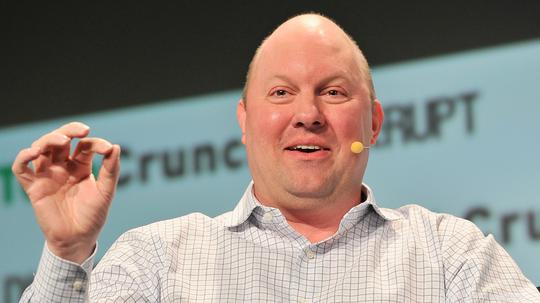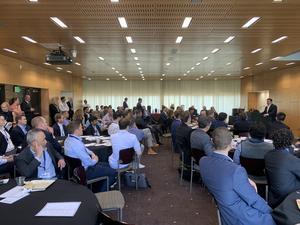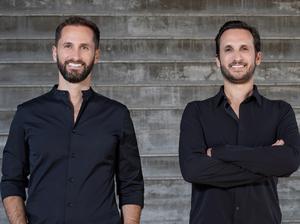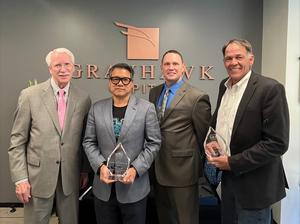
Pitch decks are supposed to offer investors insight into the startups in which they may invest.
But those investor presentations collectively may now be offering a warning sign about the state of venture funding.
Venture capitalists, on average, are now reviewing 20% fewer pitch decks than they were in January, according to new data from DocSend. Meanwhile, founders are sending out their presentations to 25% more people than they were at the start of the year, according to the company, a unit of Dropbox Inc.
Last year saw record amounts of venture investment in Arizona and nationally. While such funding slumped a bit in the first quarter, it remained strong compared to the norm from 2020 and before.
"But that has fizzled out in the second quarter," said Justin Izzo, a research lead at DocSend, which says it hosts 60% of all pitchdecks founders share with funders.
The dropoff in investor interactions with pitch decks may indicate a return to historical norms, Izzo said. In the past, investor interest in startup presentations tended to slack off during the summer months, he said.
That dynamic changed during the Covid-19 pandemic, Izzo said. Investors remained engaged during the summer months, possibly because so many startups — particularly those that offered remote work tools or online shopping — were doing well during the crisis.
"Or maybe it was the fact that venture investors had more time on their hands because they were homebound themselves," Izzo said.
Regardless, the old, pre-pandemic trend seems to be reasserting itself this year, he said. And given the macro-environment, it may not just be a seasonal thing. Indeed, startups may find it tough to raise funds not just this summer but into 2023, he said.
DocSend's data comes amid other indications of a tougher market for startup funding. While Arizona had the highest volume of Q1 deals the state has had in eight years this year, in the startup-heavy Bay Area, the number of megadeals — rounds of $100 million or more — has slowed markedly in recent months from the one-a-day pace they were on last year and into the first few months of this year. There have also been a smattering of reports of startups having trouble closing new funding deals or having to accept lower valuations to do so.
"We are going to see investors hit pause as we go through summer," Izzo said. "Founders, on the other hand are going to find it harder to raise money, so their activity levels will probably remain high."











